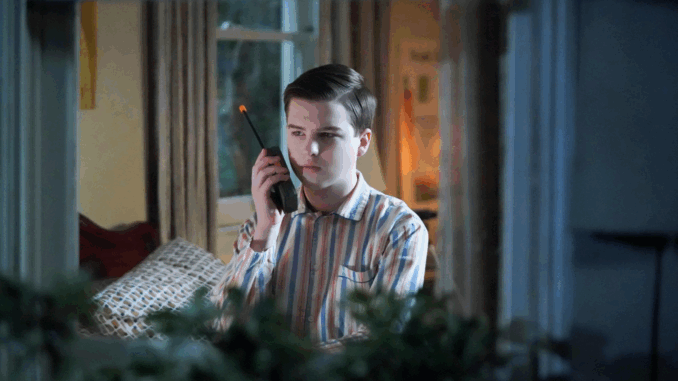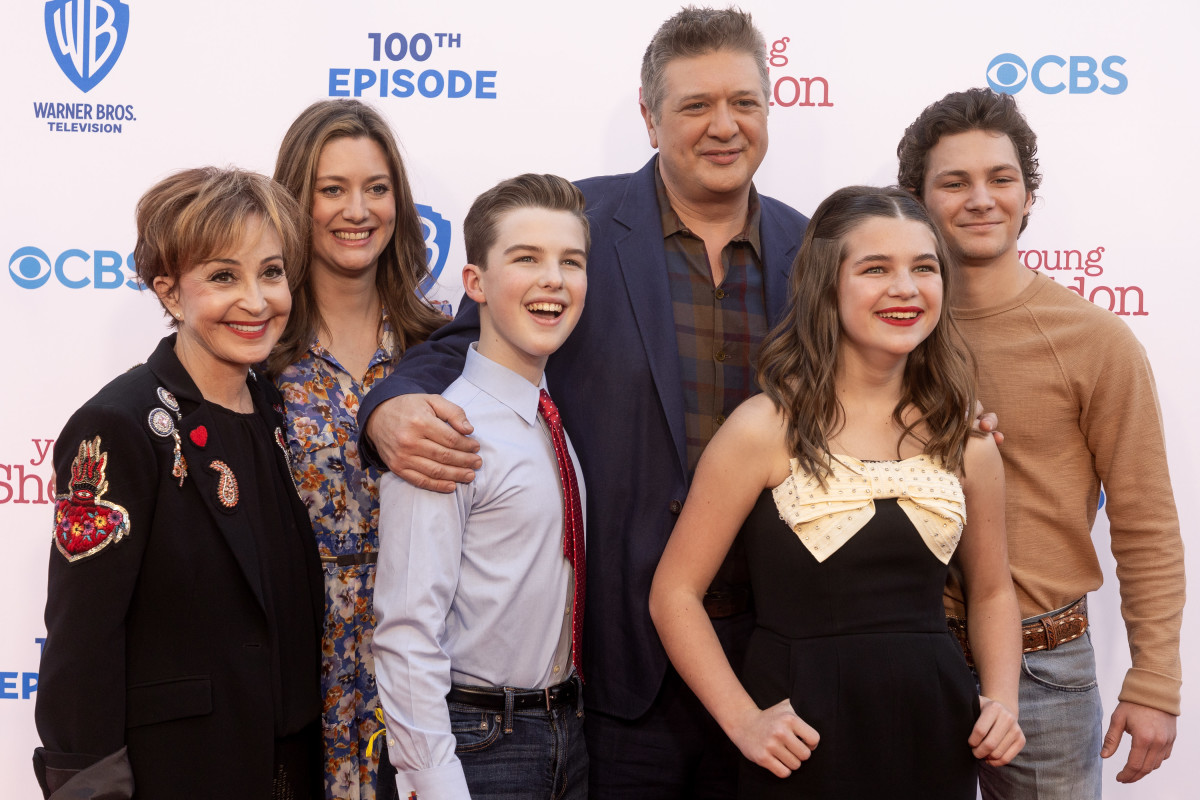
Few shows in modern television sparked as much pop culture obsession as The Big Bang Theory. It ran for 12 seasons, made household names out of its cast, and became one of CBS’s biggest success stories.
But for all its fanfare, it also faced heavy criticism.
Some critics and viewers argued the show leaned too hard on stereotypes, lacked emotional complexity, and over-relied on laugh tracks. So when CBS announced a spinoff — Young Sheldon — many wondered:
Why double down on a franchise already facing creative pushback?
According to creator Chuck Lorre, the answer lies in evolution, opportunity, and a personal mission to tell a different kind of story.
The Critical Noise Surrounding The Big Bang Theory
Despite being a ratings juggernaut, The Big Bang Theory didn’t always get the respect its numbers suggested it deserved.
Common Critiques Included:
-
The use of “nerd culture” as a punchline
-
Flat or clichéd representation of women (especially in earlier seasons)
-
Laugh tracks that made the humor feel forced
-
Surface-level emotional arcs until the show’s later years
Chuck Lorre was well aware of this feedback. And he wasn’t blind to the creative limitations of the traditional multi-cam sitcom formula.
Why CBS Said Yes to Young Sheldon
So why did Lorre and CBS move forward with Young Sheldon?
“Because there was more to say about Sheldon — and in a completely different way,” Lorre told industry outlets.
“We had the chance to show the human behind the genius.”
That was the driving force: using Young Sheldon as an opportunity to create a show with more emotional nuance, no laugh track, and a single-camera format — something more dramedy than sitcom.
The Pivot in Tone Was Strategic
Chuck Lorre knew critics wouldn’t embrace more of the same. So he went in the opposite direction.
What Changed with Young Sheldon:
-
No laugh track
-
Single-camera filming
-
Slower, character-driven storytelling
-
Family drama and emotional realism over punchline-packed scripts
This wasn’t a copy-paste spinoff. It was a creative reinvention, designed specifically to counter the criticism that The Big Bang Theory had received.
Jim Parsons Sparked the Idea
Interestingly, Young Sheldon wasn’t even Chuck Lorre’s idea at first — it was Jim Parsons’.
Parsons, who portrayed adult Sheldon on Big Bang, suggested a prequel about Sheldon’s early years growing up in Texas. He thought there was more to explore, especially through a character-driven lens.
“Jim described his childhood memories, and suddenly we saw a very different kind of show,” said Lorre.
That’s when everything changed.
Turning a Criticized Character into a Sympathetic One
In The Big Bang Theory, Sheldon Cooper is brilliant — but abrasive. Funny, yes, but often emotionally distant and socially inept.
In Young Sheldon, we meet him before all that. Before the walls went up.
What We Learn About Sheldon in the Prequel:
-
His strained but loving relationship with his family
-
His complicated experience growing up as an outcast
-
His inner world — the emotions that adult Sheldon would later suppress
-
His love for learning and science as a safe haven from the real world
This version of Sheldon isn’t just funny — he’s relatable and vulnerable. That’s exactly the shift Lorre wanted to make.

A Deeply Personal Undertone
Chuck Lorre also admitted that Young Sheldon gave him a chance to do something more grounded than his previous sitcoms.
“I’ve done a lot of joke-driven shows,” he said. “But this was about truth — about what it means to be different, gifted, and misunderstood.”
You feel that intention in every episode. The show’s tone, the slower pacing, and the often bittersweet storylines all signal that Young Sheldon was never meant to be a typical sitcom.
CBS Took a Risk — And It Paid Off
To their credit, CBS took a leap of faith, greenlighting a show that broke almost every convention they’d used to build their sitcom empire.
And the reward?
-
Critical praise from outlets that had once dismissed The Big Bang Theory
-
A broader audience, including families and drama fans
-
Consistent ratings, proving viewers embraced the tonal shift
Even many Big Bang skeptics admitted that Young Sheldon offered something they didn’t expect — empathy and depth.
Why the Shift Worked So Well
Because Young Sheldon didn’t try to replicate its predecessor, it succeeded on its own terms. It gave viewers:
-
A coming-of-age story
-
A layered family dynamic
-
A humanized version of an iconic TV character
And in doing so, it quietly redeemed the franchise in the eyes of many former critics.
Conclusion: The Spinoff That Rewrote the Rules
Chuck Lorre knew the risks of revisiting Sheldon Cooper. But by flipping the script — stylistically and emotionally — Young Sheldon became more than a spinoff. It became a response. A statement.
That comedy can grow. That characters can evolve. That audiences want more than laughs — they want truth.
And that’s why Young Sheldon was greenlit, even when the critics were still loud.
FAQs
1. Did criticism of The Big Bang Theory influence Young Sheldon’s tone?
Yes. Chuck Lorre intentionally shifted to a more emotional and character-driven format in response to criticism.
2. Was Young Sheldon meant to fix Big Bang Theory’s flaws?
Not exactly, but it was designed to explore Sheldon in a deeper, more sincere way — showing sides of him not seen in the original show.
3. Who came up with the idea for Young Sheldon?
Jim Parsons pitched the idea, and Chuck Lorre helped develop it into a series.
4. Why does Young Sheldon look and feel different from The Big Bang Theory?
It uses single-camera cinematography, no laugh track, and a slower narrative style to better tell Sheldon’s origin story.
5. Has Young Sheldon been successful despite the changes?
Yes. The show has enjoyed strong ratings, critical acclaim, and a passionate fan base of its own.